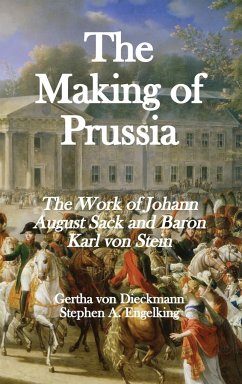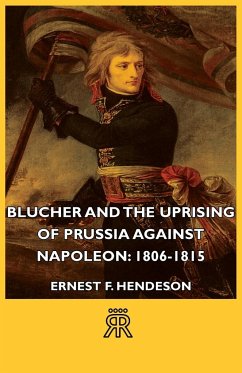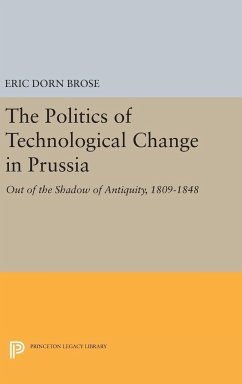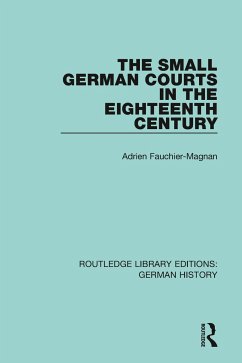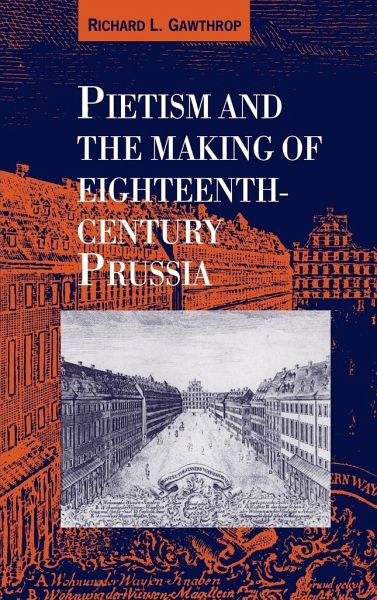
Pietism and the Making of Eighteenth-Century Prussia
Versandkostenfrei!
Versandfertig in 1-2 Wochen
103,99 €
inkl. MwSt.

PAYBACK Punkte
52 °P sammeln!
How did as small and backward a state as Prussia transform itself to compete successfully in war against states with far greater human and financial resources? Richard Gawthrop finds the answer to this perennial question in the creation of a unique political culture, in which service to the Prussian state took precedence over all other relationships and commitments. The campaign to inculcate the new ideology of disciplined energetic obedience to the state authority derived its moral vision and institutional forms from Lutheran Pietism, a German version of ascetic Protestantism strongly influen...
How did as small and backward a state as Prussia transform itself to compete successfully in war against states with far greater human and financial resources? Richard Gawthrop finds the answer to this perennial question in the creation of a unique political culture, in which service to the Prussian state took precedence over all other relationships and commitments. The campaign to inculcate the new ideology of disciplined energetic obedience to the state authority derived its moral vision and institutional forms from Lutheran Pietism, a German version of ascetic Protestantism strongly influenced by English Puritanism. This work is the first to describe systematically how the collaboration between Pietism and the Prussian state not only led to an increase in the latter's power but also laid the cultural basis for the subsequent political modernisation of Germany.
Table of contents:
Introduction; 1. The German territorial state in the sixteenth and seventeenth centuries; 2. Reformed confessionalism and the reign of the Great Elector; 3. The nature of the pre- 1713 Hohenzollern state; 4. Lutheran confessionalism; 5. Spenerian Pietism; 6. From Spener to Francke; 7. Halle Pietism I: Ideology and indoctrination; 8. Halle Pietism II: Growth and crisis; 9. Pietist-Hohenzollern collaboration; 10. The impact of Pietist pedagogy on the army and bureaucracy; 11. Civilian mobilisation and economic development during the reign of Frederick William I; Conclusion.
This work is the first to describe systematically how the collaboration between Pietism and the Prussian state not only led to an increase in the latter's power but also laid the cultural basis for the subsequent political modernisation of Germany.
The first work to describe the relationship between Pietism and the rise of the Prussian state.
Table of contents:
Introduction; 1. The German territorial state in the sixteenth and seventeenth centuries; 2. Reformed confessionalism and the reign of the Great Elector; 3. The nature of the pre- 1713 Hohenzollern state; 4. Lutheran confessionalism; 5. Spenerian Pietism; 6. From Spener to Francke; 7. Halle Pietism I: Ideology and indoctrination; 8. Halle Pietism II: Growth and crisis; 9. Pietist-Hohenzollern collaboration; 10. The impact of Pietist pedagogy on the army and bureaucracy; 11. Civilian mobilisation and economic development during the reign of Frederick William I; Conclusion.
This work is the first to describe systematically how the collaboration between Pietism and the Prussian state not only led to an increase in the latter's power but also laid the cultural basis for the subsequent political modernisation of Germany.
The first work to describe the relationship between Pietism and the rise of the Prussian state.





